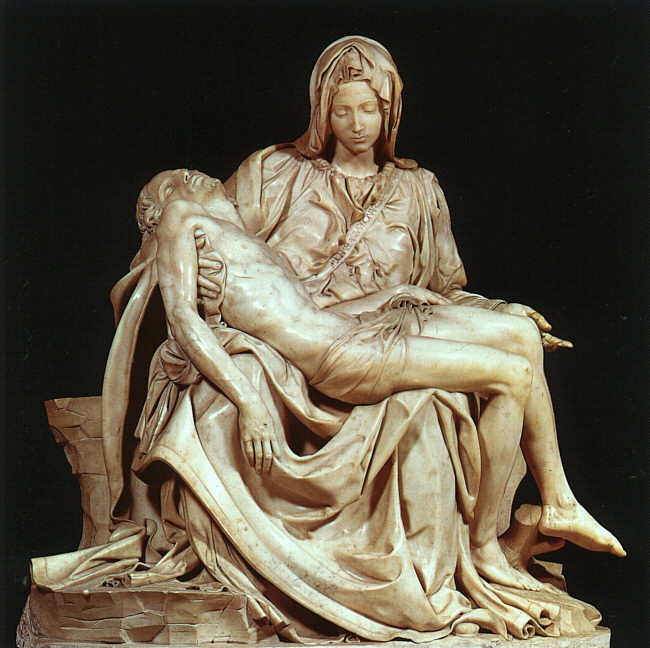This post continues the series I began about a month ago, “My Shakespeare”, and I want to begin to talk directly about one of Shakespeare’s deepest and most essential contribution to our worldview (or even, arguably, the deepest one): his construal of death, and of our relationships with the dead.
What if fascinating about the sonnets sequence is how unabashedly atheistic its speaker’s attitude to death is. For him, there is no eternal after-life, nothing beyond death’s eternal cold – in a striking contrast to, say, John Donne, or even to somewhat more complex and ambiguous approach in Shakespeare’s own plays (about which I will also probably talk somewhat later). It is even more striking when one recalls that the structure of the afterlife, and the ability of the living to influence their loved ones’ fate there, in the wake of their death, was a hot political issue of the time.

Sonnet 13: Against the stormy gusts of winter day and barren rage of death’s eternal cold. 20″x20″. Oil on linen. 2012
For the speaker of the sonnets – and he does talk about death, and the fragility and fleeting nature of human existence, quite a lot – there are only two paths to eternity: procreation, and art (which is to say, human memory). No other routes to salvation, no options of life beyond death. The immediate reason for this post is that, in the course of the last week’s work, I suddenly clearly understood how is that possible – not in our times, when atheism is more or less common, but in his time.
And the answer was: the speaker of the sonnet is always in the world of the survivors, the world of the living. In other words, he is not concerned with his own death and what will come after it; he only thinks of the future death of his beloved, and the empty world left behind. Whatever one’s specific spiritual beliefs, they don’t really matter from this point of view: we mourn independently of whether or not there is a promise of heaven.
Recall this mother in Michelangelo’s statue shown above? For all we know, if there ever was a mother who had no reason to mourn, who could feel assured that her son’s troubles were over and his glorious future assured, it is this one. But mourning doesn’t really know reason, and is not assuaged by beliefs, and so she mourns. Isn’t that the truth for all of us? Isn’t it the empty mortal world left by our beloved ones, not the future after our own death, that’s really frightening?
